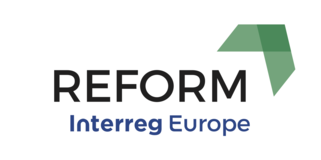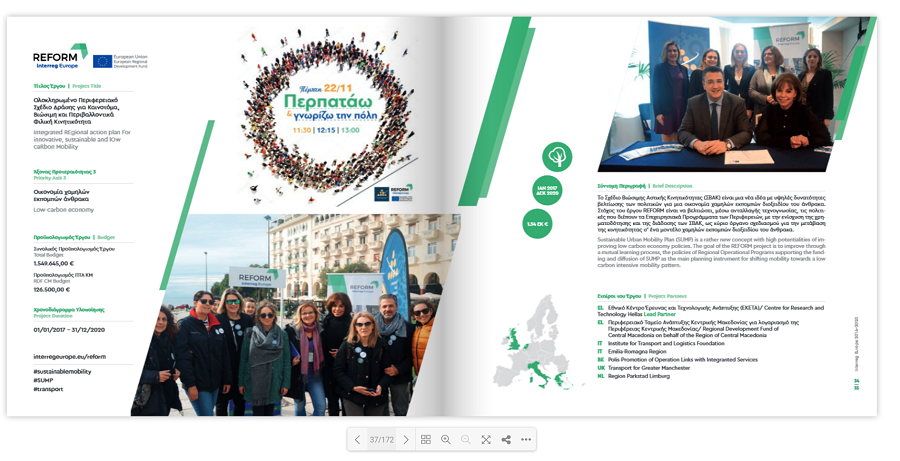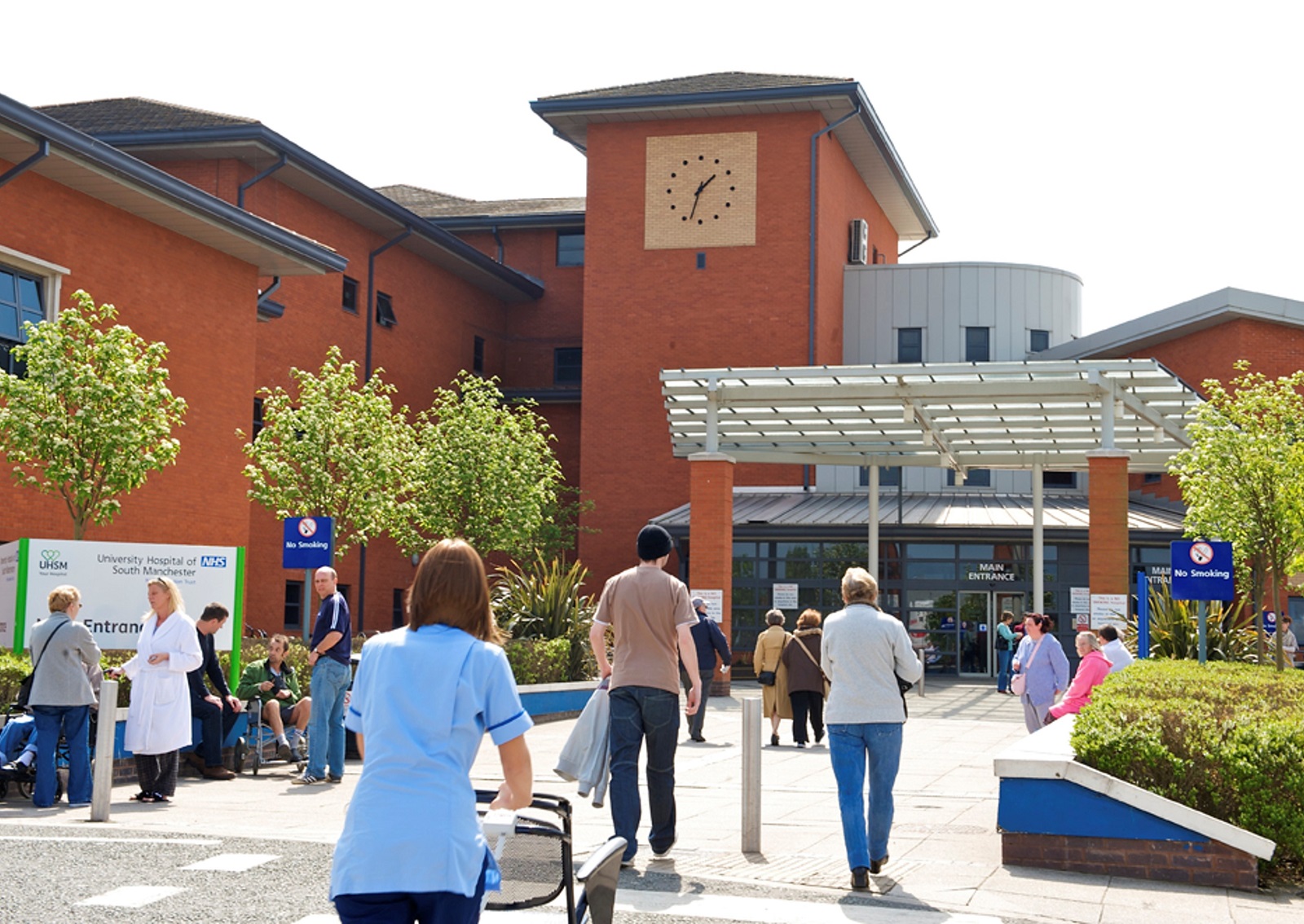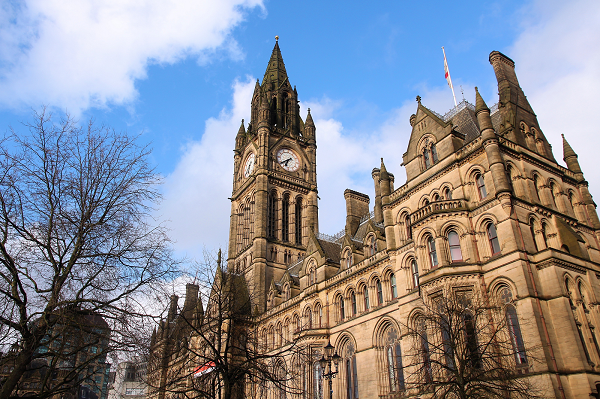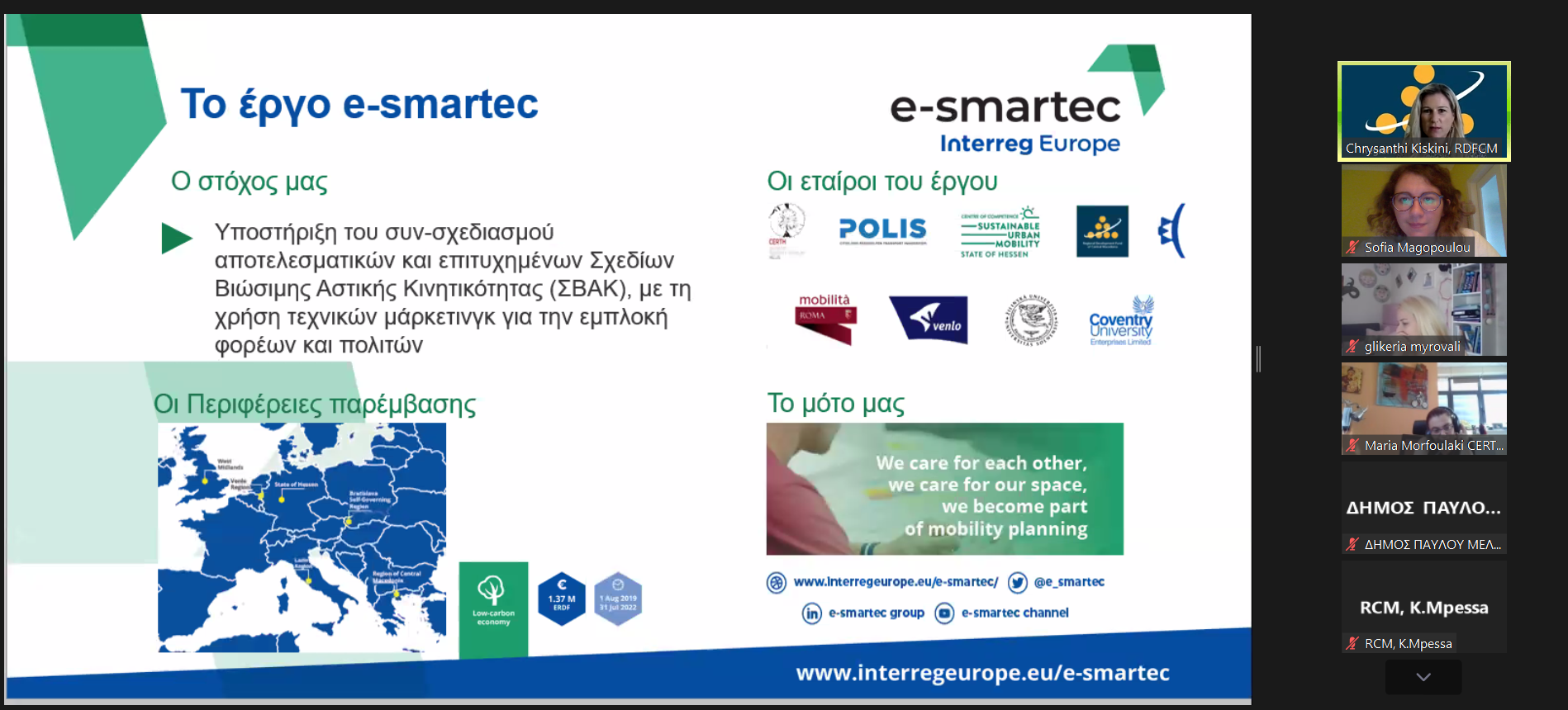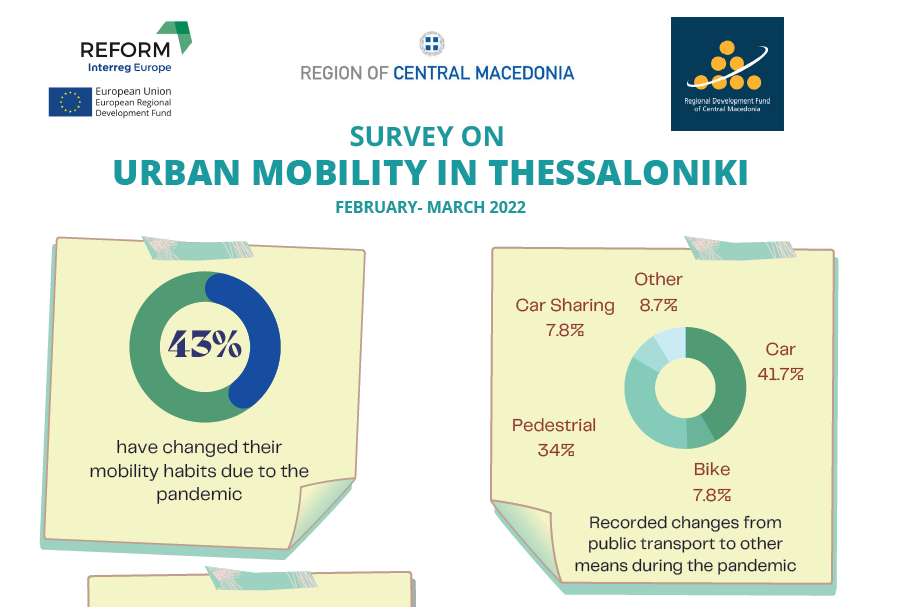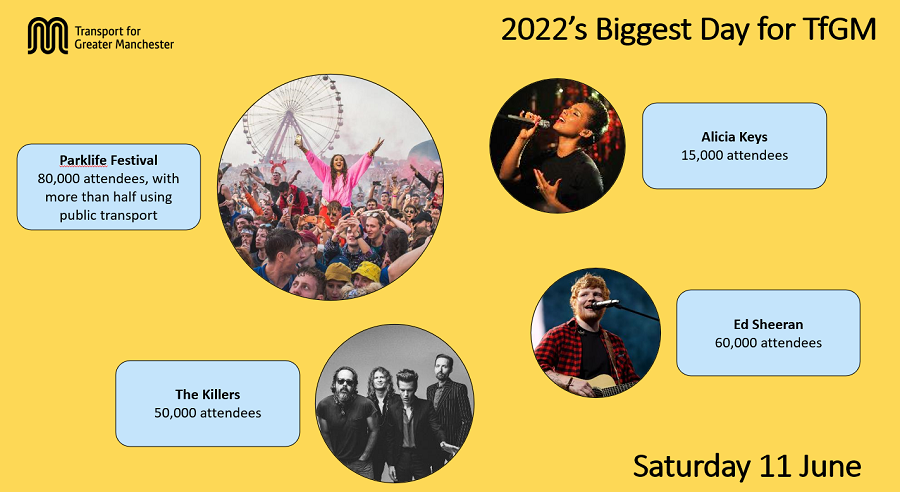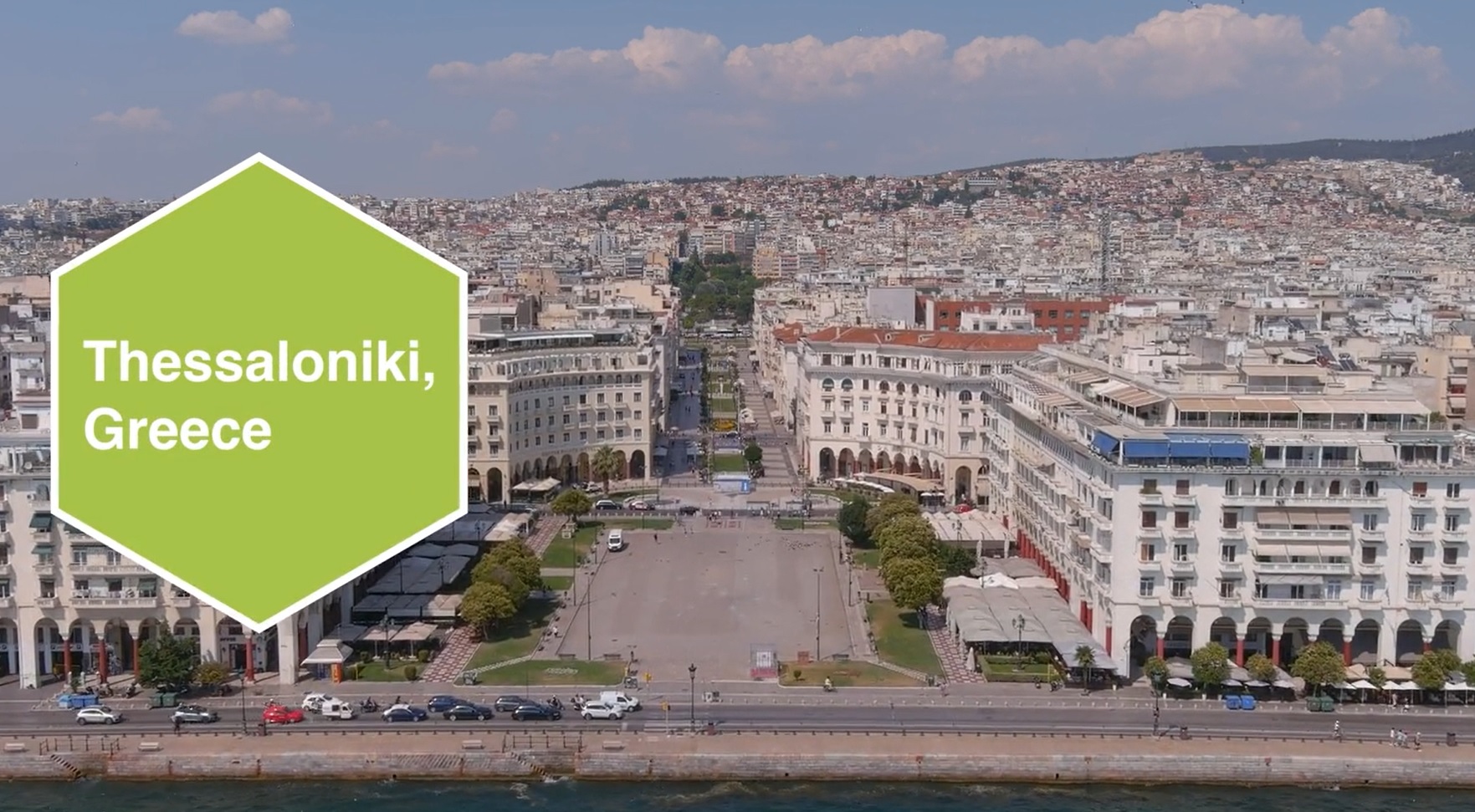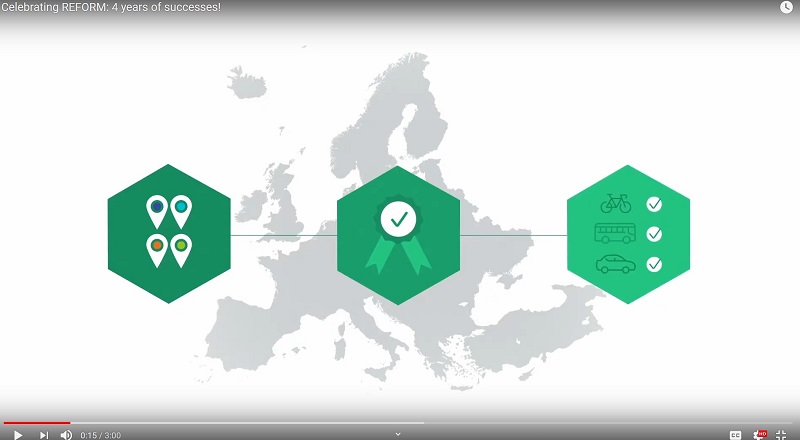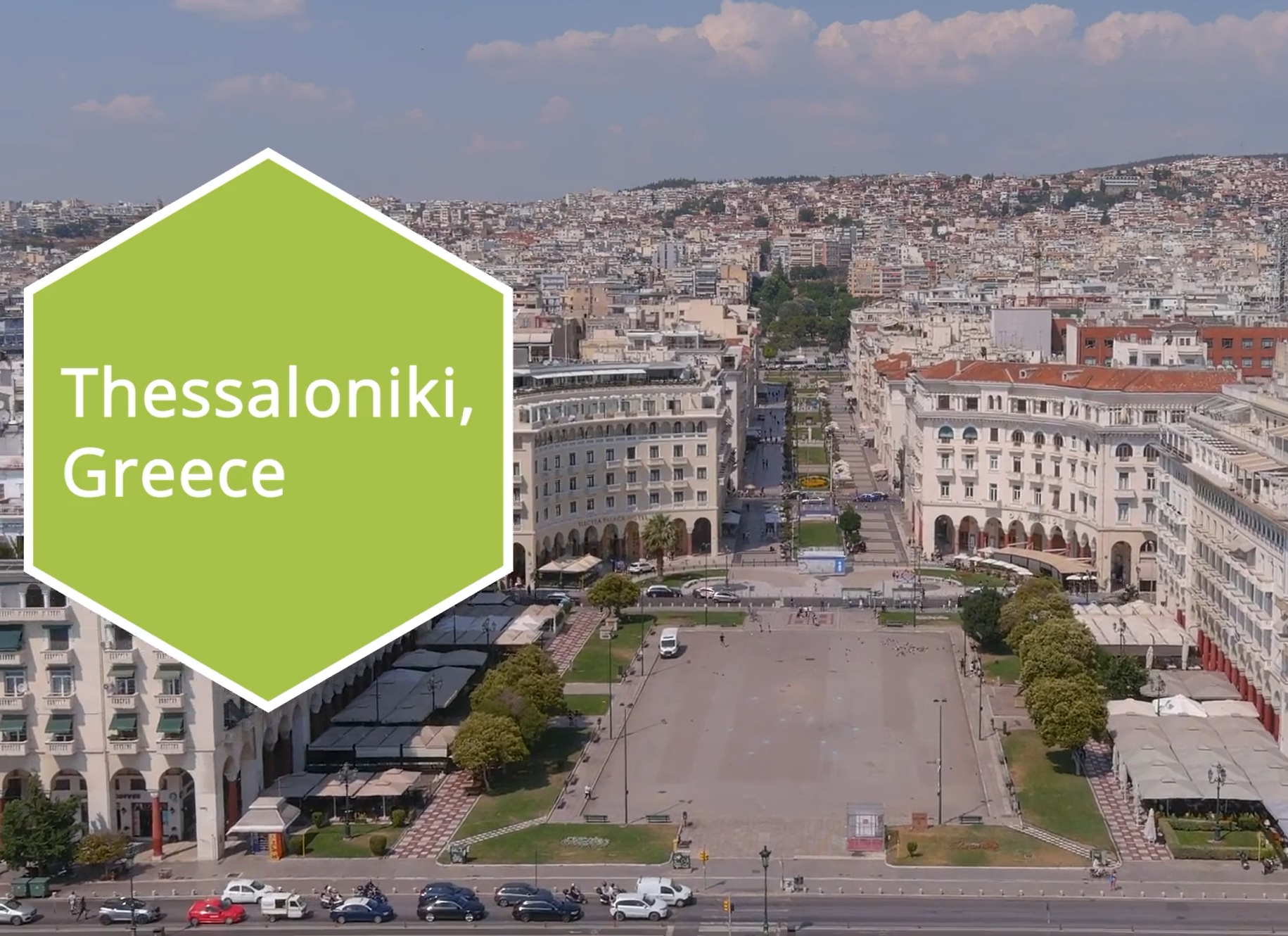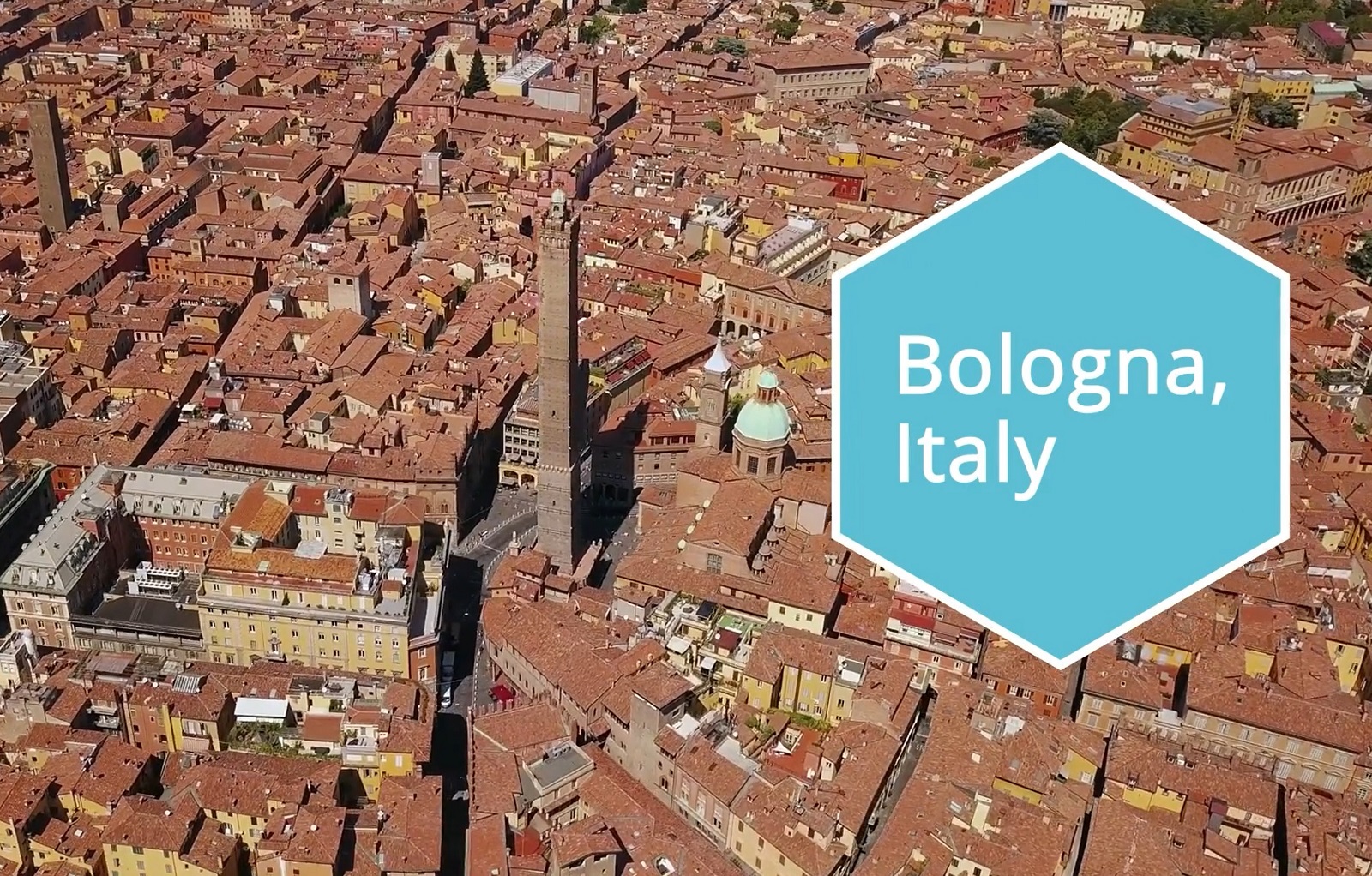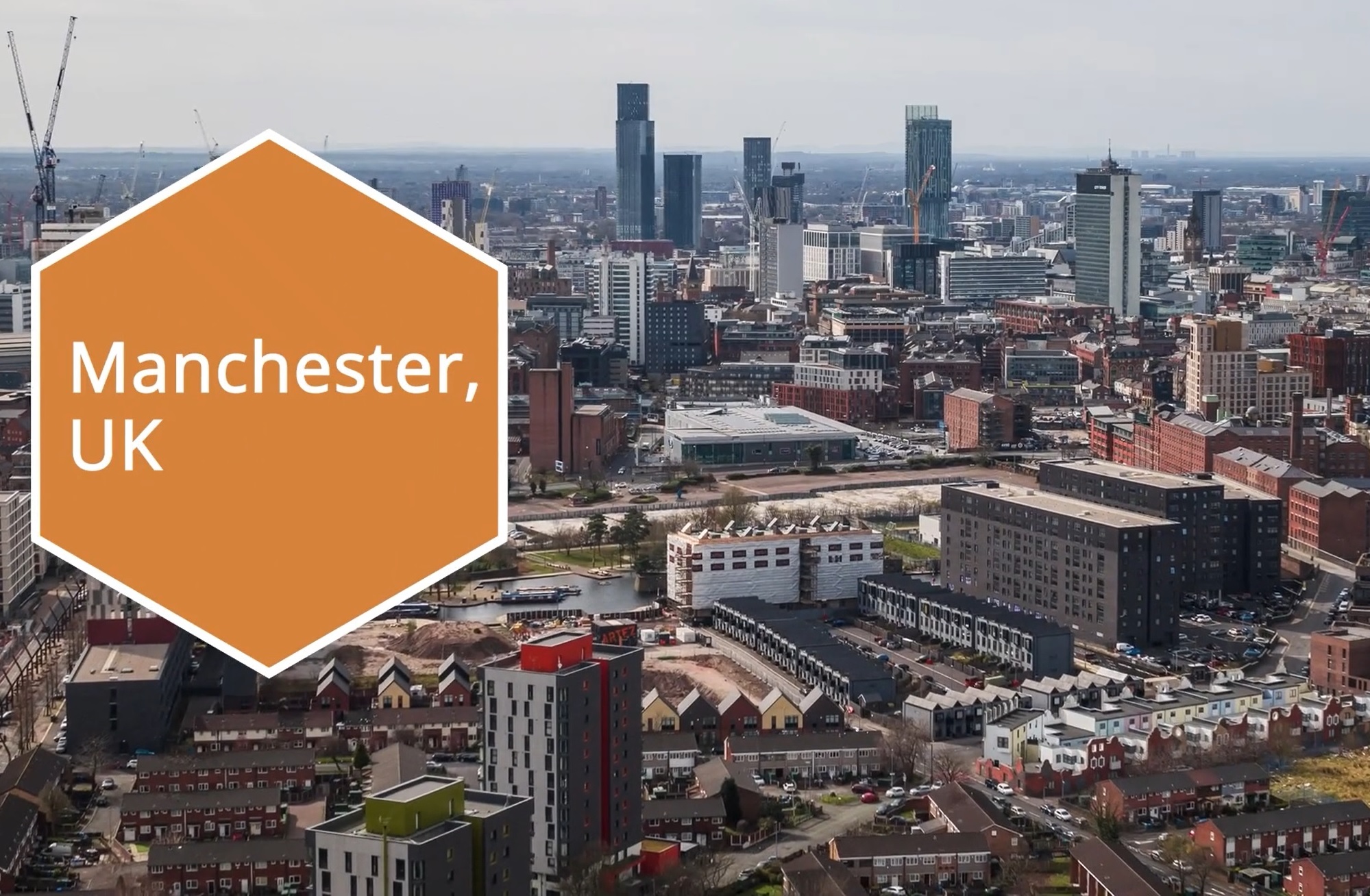An online follow-up event took place on 22 July to discuss the further plans that are based on the citizens engagement workshops that took place between April and July 2022. The goals of the session, which was attended by 14 ‘sustainability representatives’ from local Manchester NHS foundation trusts, were firstly to raise awareness amongst the appropriate staff members from each of the local NHS foundation trusts regarding the two pilot projects being undertaken at Wigan Infirmary, and secondly to obtain agreement from trust representatives to engage in further discussion regarding how best to potentially implement one or both initiatives at their sites.
The session began with an overview how the REFORM project is working to help realise wider NHS and government goals of reducing carbon emissions from staff and patient travel to healthcare sites in the region. The evidence and outputs from the citizen engagement sessions was then presented, along with how those findings have helped to shape the further initiatives that we will be looking to deploy more widely, to address citizens’ concerns regarding barriers to active and public transport travel to healthcare sites. To demonstrate some of the ways in which hospitals can help to address those patient and staff travel needs the two pilot projects were then shown to attendees.
TfGM aims to replicate real time bus information for Wigan Infirmary in other areas
Firstly, the project to install real-time bus departure screens was shown, including a look at how the screens could be installed at strategic hospital locations to provide patients and staff with up-to-the-minute bus schedule information. With the first of the screens set to be installed at Wigan Infirmary in August, attendees were informed that TfGM would like to work with the other trusts to determine suitable locations, liaise with their IT department on networking requirements, procure and install the screens, provide an ongoing real-time data feed to the screens, and assist with ongoing screen maintenance and upgrades.
Impressions of the new online information tool was shown to attendees
Next, the newly created dedicated travel webpages for each hospital site were shown to attendees. Prior to making a journey, each of the pages provides patients and staff with information on travelling to the site by bus, tram or train, including timetables and fare information, and links to find information and book on-demand travel options. Cycling and walking information is also shown for each area, as well as a link to TfGM’s new Journey Planner tool, and a map of the hospital site, highlighting the locations of key public transport stops and cycle parking provisions in the area.
The goal of this second project is to trial the provision of links to the respective webpages on patient appointment letters for each facility, to give patients, the information they need to make informed travel decisions and help increase their confidence in travelling to appointments via public transport and active modes should they prefer to do so. In order to emphasise the importance of sustainable travel, the letters will contain customisable call-to-action text that can be tailored to the needs of each site, including example messages such as “car parking is limited at the hospital” or “traffic congestion is problematic near the hospital at peak times”.
NHS staff is enthusiastic about TfGM proposals
There appeared to be a significant level of interest in the potential that both initiatives would have in increasing sustainable patient and staff travel throughout the region, with some attendees stating that they would look to immediately engage in further discussion with TfGM about next steps at the conclusion of the event. Contact details and a copy of the presentation slides was also provided to attendees for further reference.
